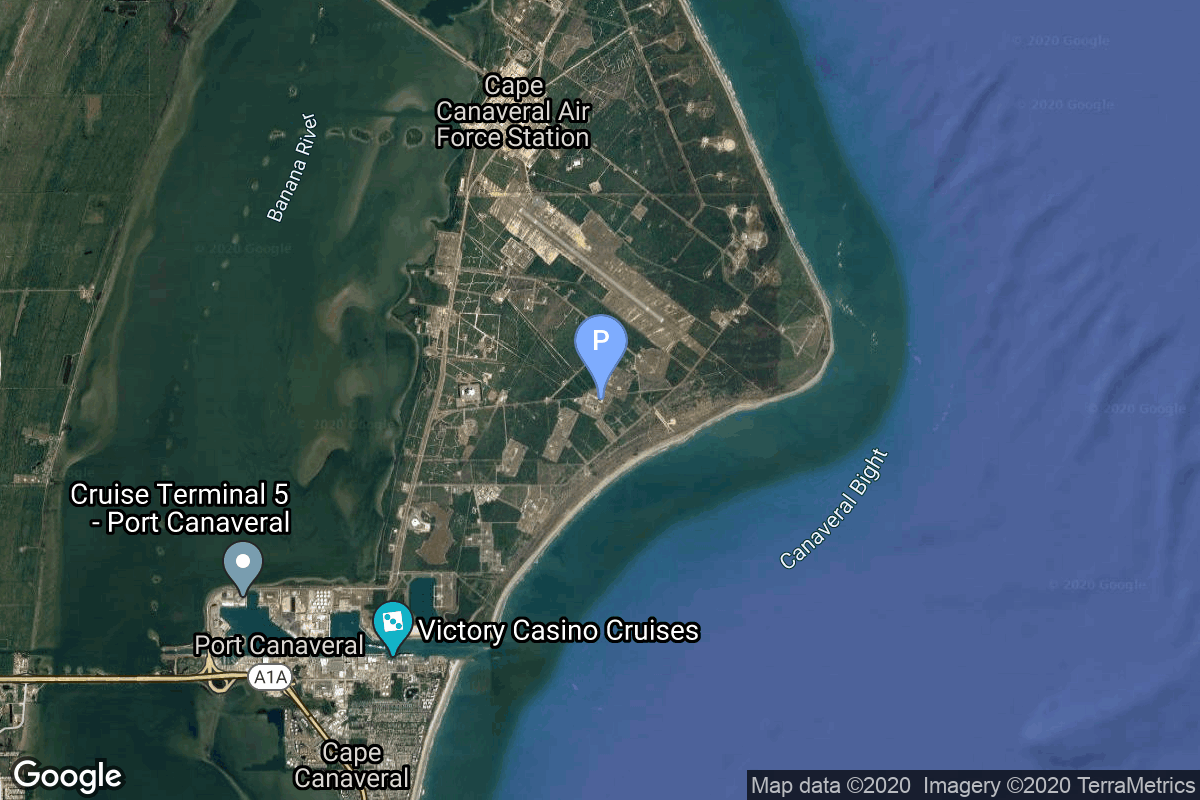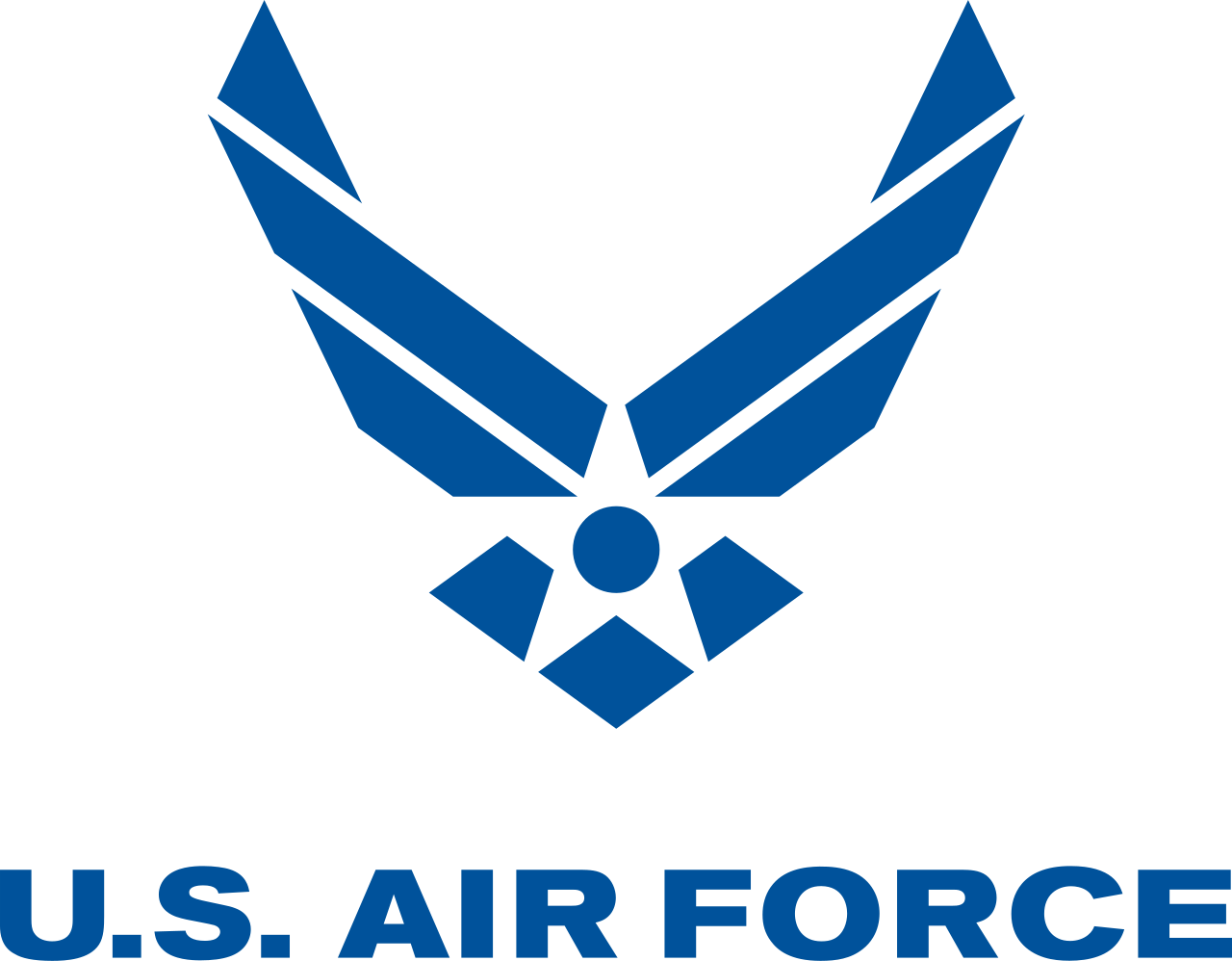FUSE
Delta II
United States Air Force
Mission
FUSE
- Type: Astrophysics
- Orbit: Low Earth Orbit
- Launch Cost: $51,000,000
FUSE (Far Ultraviolet Spectroscopic Explorer) represented the next generation, high-orbit, ultraviolet space observatory covering the wavelength range of 90.5-119.5 nm. The primary objective of FUSE was to use high-resolution spectroscopy at far ultraviolet wavelengths to study the origin and evolution of the lightest elements (hydrogen and deuterium) created shortly after the Big Bang, and the forces and processes involved in the evolution of galaxies, stars and planetary systems.
Location
Space Launch Complex 17A
Cape Canaveral, FL, USA
Space Launch Complex 17A has witnessed the launch of 145 rockets, including 145 orbital launch attempts, while Cape Canaveral, FL, USA, has been the site for 940 rocket launches.
Rocket
United Launch Alliance Delta II 7320
Delta II is an American space launch system developed by McDonnell Douglas, now part of the Delta rocket family operated by United Launch Alliance. With more than 150 missions and a nearly perfect track record, Delta II has established itself as one of the most successful orbital launch systems.
Agency
United States Air Force
The United States Air Force (USAF) is the air service branch of the United States Armed Forces, and is one of the eight uniformed services of the United States. Originally created on 1 August 1907, as a part of the United States Army Signal Corps, the USAF was established as a separate branch of the United States Armed Forces in 1947 with the enactment of the National Security Act of 1947.

